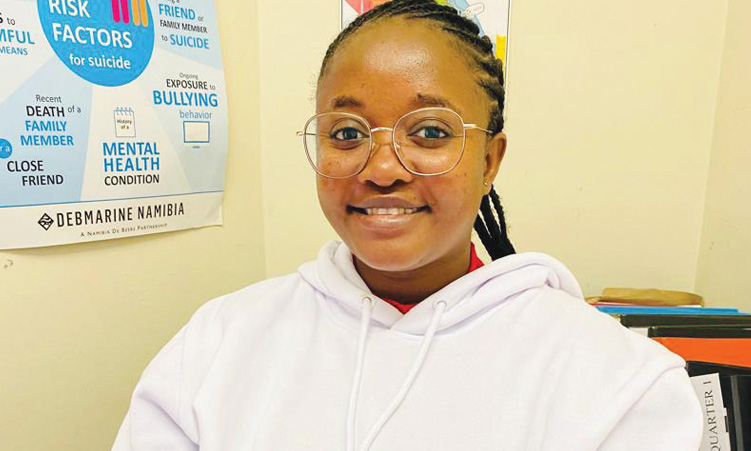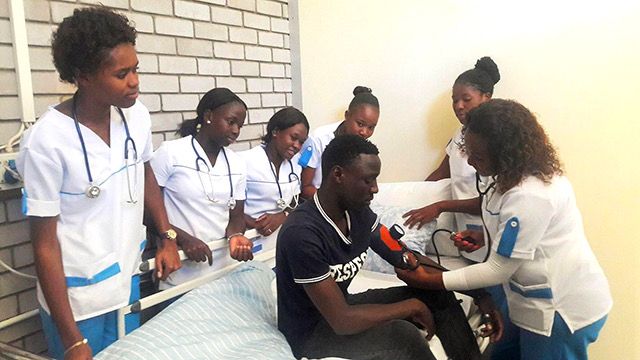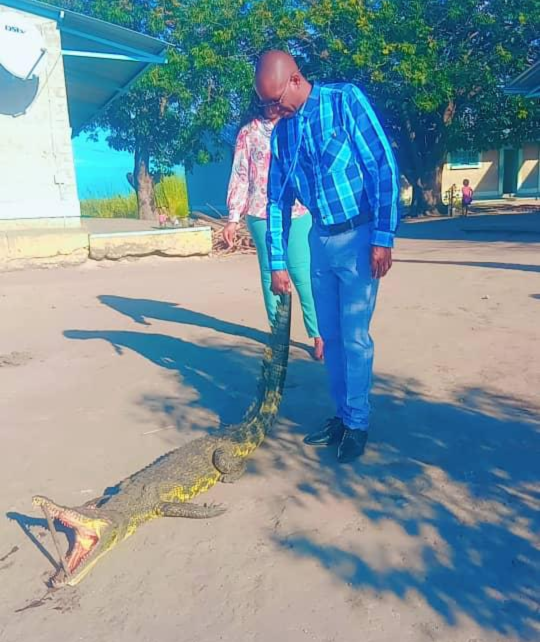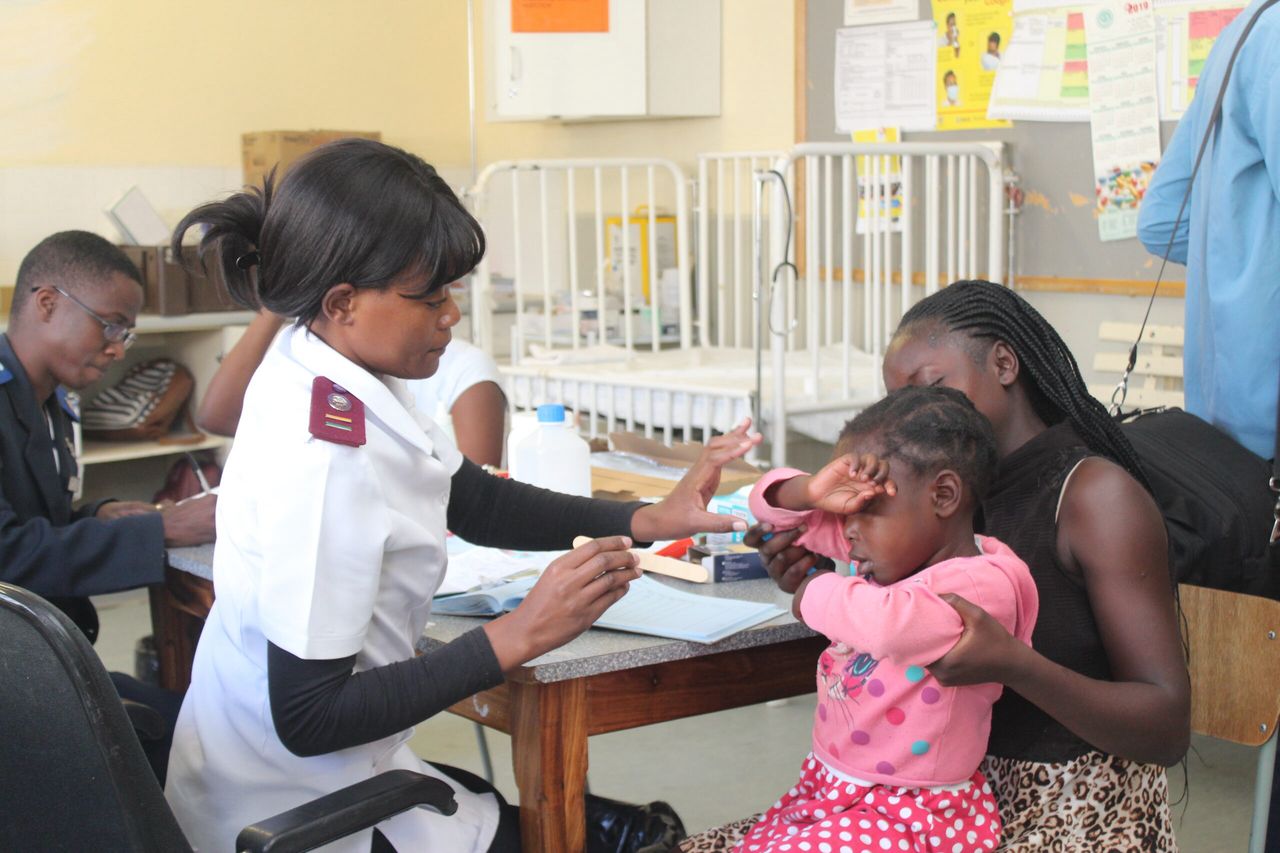Young Namibians continue to be haunted by a variety of social ills, ranging from drug abuse and unemployment to mental illness and gender-based violence (GBV).
Social worker Martha Nuule addresses these issues.
Nuule, with a master of arts and honours degree in social work, views unemployment as one of Namibia’s biggest social problems.
In an interview with The Namibian last week, Nuule said graduates remain unemployed, further increasing poverty.
She, therefore, encourages young people to acquire vocational skills like hairdressing, baking, knitting or to be nail technicians.
She also encourages agriculture and gardening jobs as an additional means of earning.
“Social services play an enormous role in enlightening individuals, families and communities regarding numerous social concerns,” Nuule said.
“Individual therapy gives people the chance to acquire coping skills so they can make it through all of this.”
She stressed that raising mental health awareness and social issue research among communities is essential.
For substance abuse, Nuule believes education is a solution.
“The best programmes for addressing substance abuse are those that educate individuals and families on the dangers and consequences of alcohol and drug use,” she said.
“Individuals need to be aware of the short- and long-term consequences, such as physical health outcomes, relationship disintegration, and impacts on the community.”
When it comes to GBV, Nuule highlights the importance of community education and observance of the law.
“Communities ought to be trained on what they would do if there is GBV. The perpetrators ought to be taken to court, and the victims be directed to the GBV unit to be counselled,” she said.
The Combating of Rape Act and Combating of Domestic Violence Act, aimed at protecting victims, ought to be administered effectively, according to her.
Looking ahead to 2025, Nuule urged the government and private sector to come together to develop measures to fight unemployment and poverty.
“Providing vocational training in horticulture, agriculture, hair dressing, and other skills for free could empower young people and reduce poverty,” she said.
She advocates the availability of vocational online courses, which would be cheaper for unemployed youth.
Nuule also called on policymakers to prioritise reviewing and strengthening social welfare programmes.
“Policies must be reviewed and put into action so that social issues are addressed at the individual, group, and community levels,” she said.
“By building on existing programmes and introducing new ones, we can strengthen the social well-being of all Namibians.”
Nuule illuminated the necessity of acting quickly to stem Namibia’s dire social ailments.
NATIONAL CAMPAIGN
The Ministry of Health and Social Services recently highlighted the urgent need for improved mental health interventions, as crime and drug abuse are rising, particularly among poor communities.
In an attempt to meet the government halfway, Nuule said she will go out on a national campaign to address this problem, targeting as many as 10 000 young people across the country.
“The campaign will emphasise mental health awareness, poverty reduction, drug and alcohol abuse prevention, and other social vices,” she said.
She said the programme will cover all 14 regions of Namibia via awareness sessions, counselling services, and empowerment programmes.
“The success of this programme will depend on cooperation with government ministries, non governmental organisations, corporate sponsors, and community organisations,” Nuule said, adding that she is seeking financial and logistic support to implement the programme to produce a healthier and empowered youth.
Stay informed with The Namibian – your source for credible journalism. Get in-depth reporting and opinions for
only N$85 a month. Invest in journalism, invest in democracy –
Subscribe Now!










